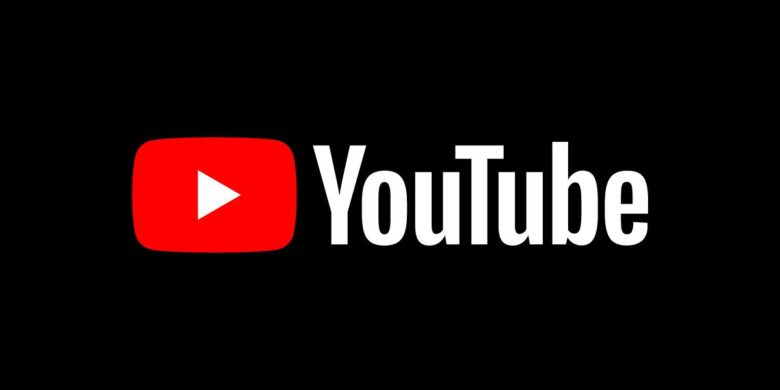By Oluwaseyi Lawal
YouTube, the world’s most popular video-sharing service, recently announced a new policy to deal with misleading content on its platform. The project is aimed at removing videos that promote inaccurate or misleading information, as well as updating viewers about the content they watch. This is a good step, as flawed information can negatively impact people’s life. Such misleading information and content, if left unchecked, could promote prejudice, hatred and division, putting lives at risk.
The new YouTube regulations are expected to have a significant impact on Nigerian video producers. YouTube is one of the most popular microblogging sites that many Nigerian producers rely on to earn a living. They make videos about everything from comedy and music to politics and current affairs. However, some Nigerian content producers have been accused of spreading fake information via YouTube. This led to their videos being taken down and, in some cases, their YouTube channels were shut down or deleted
Concerned Nigerian content creators are worried that YouTube’s new policy will be used to silence them. They argue that the line between false information and positive opinion is often blurred, and that YouTube’s policy can be used to silence critics.
YouTube has noted that its new policy is not intended to silence criticism. The company said it is committed to protecting free speech and has no plans to use the new policy to gag critics. Nigerian content creators must, however, be careful not to spread fake news.
Here are some potential effects of YouTube’s war on misleading content on Nigerian content producers:
Reduced views and revenue: Contents that are recognized as fake and misleading are more likely to be removed from YouTube’s search results and recommended videos. This could lead to a decline in views and revenue for Nigerian content creators.
Increased censorship: YouTube’s new policy can be used to censor Nigerian content creators who express dissenting views. This reduce creativity and hinder freedom of expression.
Loss of trust: If Nigerian content creators are found to be disseminating misleading information, they may lose the trust of their viewers.






Comment
No comments found.